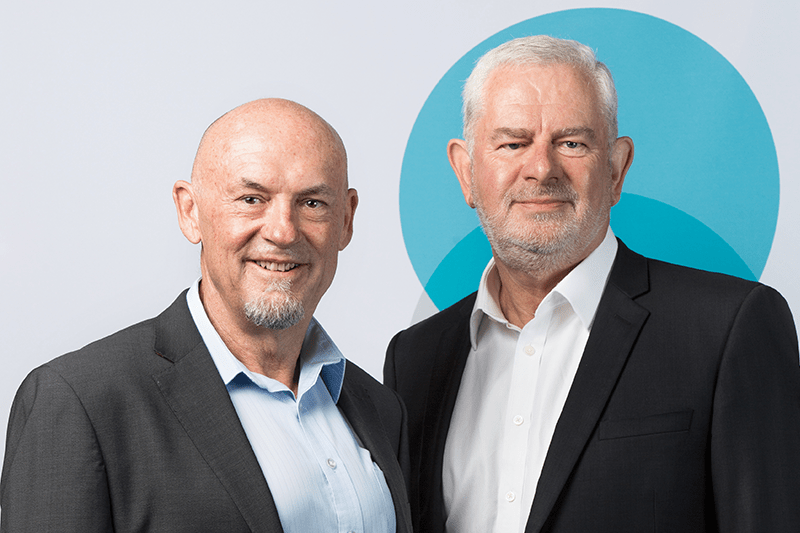By Mark Teale on 20 March 2019
We are often told change is constant, and I think that we all recognize that this is a fact of life. This constant change is,
I am sure, the reason why we are sometimes tired, a little jittery and above all, stressed. So, what is change and why is it constant?
The reason it is constant is obvious. As humans we continue to grow, not only in stature - but also intellectually. Our powers of reasoning become fully developed and we understand that standing still is not an option - from school through to university or college, in our work environment, and the continual changing face of our growing family.
We face this continuous forward momentum and we deal with the changes that life thrusts upon us. We moan, groan and stress. But in the end – in most cases - we accept the change or look for another alternative and move on, readying ourselves for the next challenge life throws our way
According to the Oxford dictionary, there are many slightly different meanings of the word change. For example; as a verb: “make or become different”, or as a noun: ”an act or process through which something becomes different”. One of the more pleasant meanings given is “arrive at a fresh phase; become new “. While this has specific reference to the moon, I believe should also be specific to retirement.
Retirement is a huge change that requires some thought and planning. However, in this instance I am not talking about the financial aspects of retirement. I believe that the financial planning can often be the easiest aspect when approaching retirement.
I have a plan for my retirement, and I am confident it will be a fresh phase in my life, however I am concerned about one
aspect. Can I learn to relax?
What do I mean?
For most of us, when we do retire we will have been working 40 to 50 hours per week for between 40 and 50 years. Now we will have this time to yourself, to relax. But have we learnt how to do nothing.
Why do I ask this question?
In my case I am not sure I have learnt how to do nothing, without feeling guilty about the fact that I am sitting, relaxing
and not stressing about work or life in general.
So, I decided to do some research and I thought I might share a couple of insights into what I have learnt;
- Meditation and yoga are the obvious skills I will need to learn
- Practice sleeping, resting and staring into space, which I am sure my partner is going to be very excited about and will become a good excuse for not cleaning the yard
- Physical activity, but at a much slower pace than my normal approach
- Spending as much time as possible outside and in a natural environment
- Avoiding people who constantly complain about their own life
- Reading, and learning to play a musical instrument – not the Kazoo!
These are just a couple of suggestions from a large amount of written and digital material which is available.
Now, I am unsure how successful I will be in my retirement at some of suggestions, but I do look forward to the day when I can give 100% of my attention and time to the problem.
Any suggestions are gratefully accepted!



comments